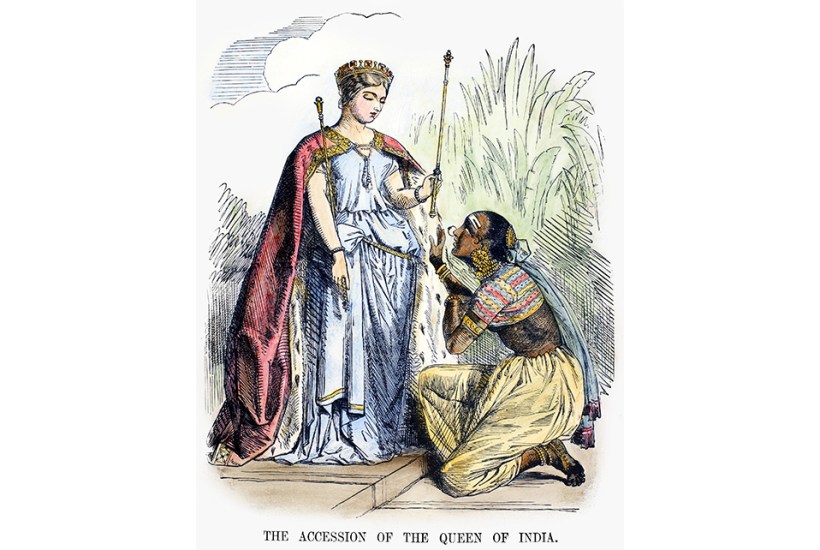What is the Enlightenment, and when did it come to an end? Neither are easy questions to answer. The Enlightenment, as a historical phenomenon or a phenomenon of ideas, coalesced into an attempt to rid humanity of rigid superstitions and fanaticism and liberate it from tyranny of every sort. Its first movements were discernible in Europe in the 17th century, and it became a continent-wide experiment of thought in the following one.
Already a subscriber? Log in
Subscribe for just $2 a week
Try a month of The Spectator Australia absolutely free and without commitment. Not only that but – if you choose to continue – you’ll pay just $2 a week for your first year.
- Unlimited access to spectator.com.au and app
- The weekly edition on the Spectator Australia app
- Spectator podcasts and newsletters
- Full access to spectator.co.uk
Or
Unlock this article
You might disagree with half of it, but you’ll enjoy reading all of it. Try your first month for free, then just $2 a week for the remainder of your first year.








Comments
Don't miss out
Join the conversation with other Spectator Australia readers. Subscribe to leave a comment.
SUBSCRIBEAlready a subscriber? Log in